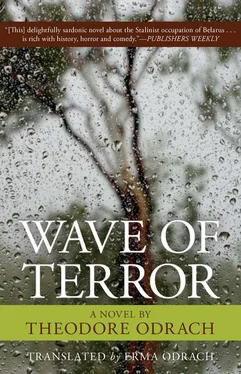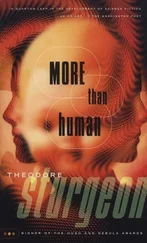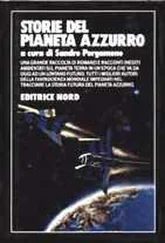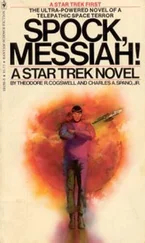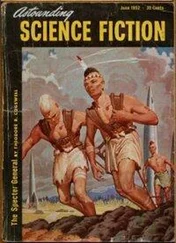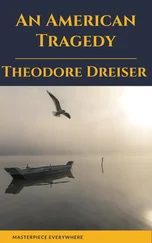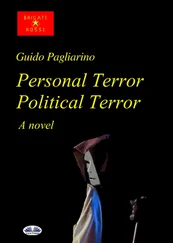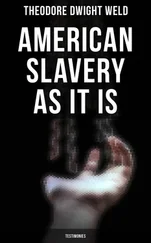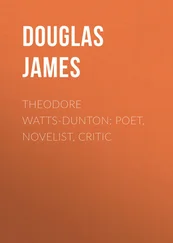The interrogator tapped his fingers on his desk and drilled his eyes into Kulik. “We’re detaining you today because we need to get a few things clarified.”
Kulik tried to remain calm. He thought, “This is how it almost always starts. First they begin with something inconsequential, then before you know it, they’ve got you pinned on some trumped-up charge.” Trying his best to stay in control, clearing his throat, he said, “This morning I was on my way to the Gosbank to collect wages for the teachers of the Hlaby Village Soviet, when for some reason I was intercepted by your men on the street.”
The interrogator examined some papers on his desk and appeared not to be listening. Without looking up, he started coldly on a line of questioning.
“With whose money did you obtain your education in Vilno?”
“My own. I worked as a laborer and paid my tuition from my wages.”
“What about when you were in the gymnasium , whose money did you use?”
“I completed my classes at the gymnasium by night, and by day I repaired houses and did odd jobs around town. Later it was the same with university.”
There was a long pause as the interrogator thumbed through some files. He kept this up for several minutes. Kulik knew this was just another tactic intended to fray his nerves.
“Did you belong to the Polish fascist organization, Legion of Youth?”
“No organization ever interested me. I kept mostly to myself.”
As he carefully recorded these answers in a notebook, the interrogator’s tone grew more menacing. “Did you belong to the Ukrainian National Student Movement in Vilno?”
Kulik froze. He struggled with himself to find something to say. After a moment, he blurted out the first thing that came to his mind. “A moment ago you asked if I belonged to the Polish Legion of Youth and now you ask if I belonged to some Ukrainian student movement. Asking me these questions, well, you might as well be mixing oil with fire.”
“How so?” The interrogator didn’t seem to understand.
“Well, first of all, there would have been no sense in starting a Ukrainian movement in Vilno, because, as you know, Vilno is a Lithuanian city and was under Polish occupation with a very limited Ukrainian population. Secondly, the Poles have always sought out and persecuted Ukrainians, and to support one of their organizations would be sheer treachery on my part.”
The interrogator bent his head over his notebook. He was obviously ignorant of the goings-on in Vilno, especially between Ukrainians and Poles. But it did not take him long to fire more questions.
“Can you give me a guarantee that when you were in Vilno you did not belong to a Ukrainian movement of any kind?”
“The only guarantee I can give you is my word. I lived a very quiet and peaceful life. I was interested only in my studies.”
“Did you keep company with other Ukrainian students?”
“As I’ve already mentioned, there weren’t many of them. The few that were there were studying medicine or law or engineering, and because my major was in history, we weren’t in any of the same classes. So we didn’t get to know one another. I only knew several by name or in passing.”
“Do you know what became of any of them?”
“No.”
“How did you come to live in Vilno? Did you move there with your parents?”
“No, when I was a boy, at the age of nine, I had a few run-ins with the police, the Polish police, that is, and they sentenced me to a reform school, which happened to be in Vilno. That’s how I came to live there.”
“What about your parents?”
“They remained in the village. The police never told them where I was. I never saw my parents again until I was twenty.”
The interrogator raised his eyebrows, and a thin smile strayed onto his lips. “So, in other words, you rebelled against Polish oppression, and from such an early age! And even after being sent to a reform school at the age of nine, you decided to earn your living and make something of yourself. Commendable, very commendable.” Then slapping his hand against his thigh, as if having just thought of it, “Hah! Why, your life almost sounds like the life of our great, most revered writer, Maxim Gorky!”
Kulik, startled by the comparison, looked at his interrogator in astonishment. He said, “I suppose you could look at it that way. From a very early age, like Gorky, I had to overcome a harsh life and fight overwhelming odds.”
The interrogator rose from behind his desk, and paced the room. Pausing to look the window, he asked without turning around, “Are you familiar with out Soviet literature?”
Kulik was determined not to say too much; he thought this was the best course for someone in his position. But he could not resist the challenge. Literature was his forte, all literature, and in between his studies he had in fact taken a keen interest in Soviet writing. He started to mention all the names he could think of, taking care, however, not to let slip those who had fallen into political disfavor: Zoshchenko was the greatest satirist of all times; Mayakovsky was unparalleled as a poet, and his “Ode to Revolution” had great mass appeal; and Alexsei Tolstoy, with The Road to Calvary , was a true spokesman of his times.
The interrogator stared at him, and asked curiously, “Where, may I ask, did you come to learn about these authors?”
“Mostly in Vilno when I lived under Polish occupation. Some of them I read legally and others illegally.”
The official walked back to his desk, and looked sternly at Kulik. Two hours of questioning had gotten him nowhere. Time was running out. His sole aim now was to discredit Kulik, break his spirit and produce a confession of some kind. He needed something, anything to take back to his superiors. He began another line of questioning: Why was Kulik promoting Ukrainian in his school? Did he belong to the Organization of Ukrainian Nationalists? Was he anti-Semitic? Why did he allow the incident involving the Jewish schoolteacher, Haya Fifkina, to get out of hand? Barely waiting for answers, he started in on Kulik’s personal life: How old was he? Who were his parents? How many siblings did he have?
As Kulik answered question after question, he had a strong premonition of worse things to come. This was all just the beginning, a prologue to the drama. Before long he would be in the hands of more sophisticated interrogators, with more elaborate cross-examination methods, who would try to link him to some ludicrous crime and, without a scrap of real evidence, convict him. A cascade of lies would soon descend upon him and he would have to find a way to ward them off and stay on top of things. He needed to muster his moral strength and prove himself capable of enduring the impending physical and psychological torture.
After several more hours of grilling, the interrogator reached for his notes, read them aloud, and told Kulik to sign them. When Kulik readily complied, the interrogator pressed a button on the wall beside his desk.
Almost instantly the same guard appeared on the threshold, this time wearing a blue government overcoat, his shaved head covered by a black cap with a visor. From his insignia Kulik noticed he was a sergeant-major. As Kulik was escorted down the same flight of stairs they had come up, he indulged in a wild hope. “Maybe they’ll spare me. Maybe this guard with the holstered Nagant will show mercy and lead me into the courtyard, and out the gates.”
They reached the landing, then the corridor, and there to the left was the door that led outside. Kulik felt his body being pulled in that direction as if by a magnet. With all his heart he had to believe he was about to be released. Then from behind him the stiff, harsh voice of the guard, “Keep moving! To your right!”
Читать дальше
